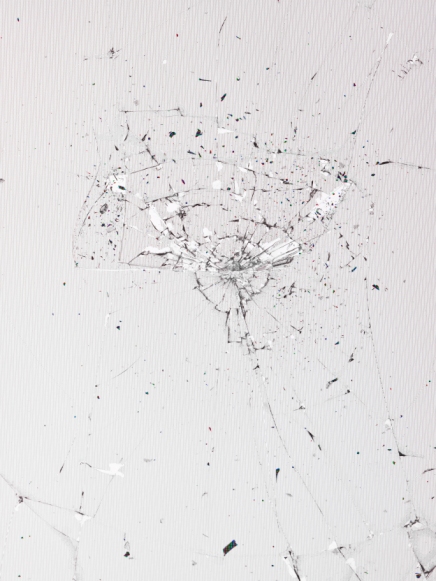In every family system, as well as in all relationships we are in, there are spoken and unspoken rules about privacy and boundaries, about what is allowed and what is not. Shame function in relationships is like set of rules which always make people feeling belittled and unworthy. Shame keeps people in fear and under oppressive control.
Shame is a part of group conscience and a part of belonging status (“if I would avoid what could bring shame upon me, I will keep my right to belong”). 
Off course, in different families, in different cultures, and in different historical times there are different shapes of what is allowed and what brings shame. Do you know that in Western culture societies, until XX century, and in some countries even later, extramarital affairs were trait as a crime and punished with a jail sentence? In Islamic culture societies that rule exist up to today.
In countless generations of ancestors before us – shame was a powerful source of keeping social order and it was perceived as a very important tool to raise children to be good members of society. It was a kind of mental equivalent of the corporal punishment.
Looking at traditions in cultivating shame, there is no surprise that shame is still so strongly embeded in our modern life. There would be perhaps voices that shame is inseparable from moral values, therefore necessary to discern what is good and what is bad.
Do we really have to feel bad in order to feel good enough and to do good? That’s absurd. There are no good feelings in shame. Shame is full of fear, threat of not belonging, unworthiness, being not good enough. Feeling essentially bad (unworthy, never good enough) is very toxic feeling coming from shame experiences, starting in family, and then propagated in schools and other social spaces, including standards of beauty, marriage, children raising, success in life etc.
We don’t need shame to have good relationships in family and in society. We need to cultivate more love instead. And good models for good behaviours.
Shame veils in family system, dark secrets, taboos – are like a cancer. The cancer of excluding others where they should belong, no matter what. Shame and secrets damage relationships, making people feeling trapped in fear and mistrust, entangled in unhappiness. And, as we know from the Systemic Constellation Work, these veils descend to next generations, destroying more people’s lives.
In the next part – more specific markers of shame in family system life.
Hania Gorski
Thank you Hania, I really value your wisdom and insight. Looking forward to the next instalment. xx Ishita
LikeLike